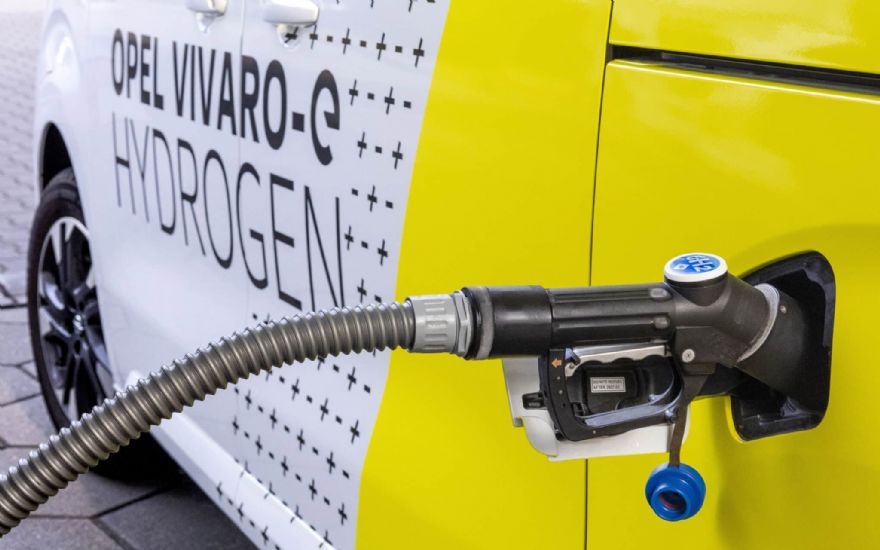 Stellantis
Stellantis — a global automotive manufacturer with brands that include Abarth, Alfa Romeo, Chrysler, Citroën, Dodge, DS Automobiles, FIAT, Jeep, Lancia, Maserati, Opel, Peugeot, Ram, and Vauxhall — has announced the company is to discontinue its hydrogen fuel cell technology development programme.
Stellantis says this is due to limited availability of hydrogen refuelling infrastructure, high capital requirements, and the need for stronger consumer purchasing incentives, adding that it does not anticipate the adoption of hydrogen-powered light commercial vehicles before the end of the decade.
As a result, Stellantis will no longer launch its new range of hydrogen-powered Pro One vehicles this year. Serial production was scheduled to start this summer in Hordain, France (medium-size vans) and Gliwice, Poland (large vans).
Niche segmentJean-Philippe Imparato, Stellantis’s chief operating officer for ‘Enlarged Europe’, said: “In a context where the company is mobilising to respond to demanding CO
2 regulations in Europe, Stellantis has decided to discontinue its hydrogen fuel cell technology development programme. The hydrogen market remains a niche segment, with no prospects of mid-term economic sustainability. We must make clear and responsible choices to ensure our competitiveness and meet the expectations of our customers with our electric and hybrid passenger and light commercial vehicles offensive.”
Mr Imparato said this decision will not impact staffing at Stellantis’ production sites, and that R&D activities related to hydrogen technology will be redirected to other projects. The current state of the hydrogen segment also presents financial challenges for various stakeholders. In this context, Stellantis has initiated discussions with the shareholders of the joint venture hydrogen fuel cell company Symbio, to ‘evaluate the current market consequences and to preserve the best interests of Symbio, in line with their respective obligations’.